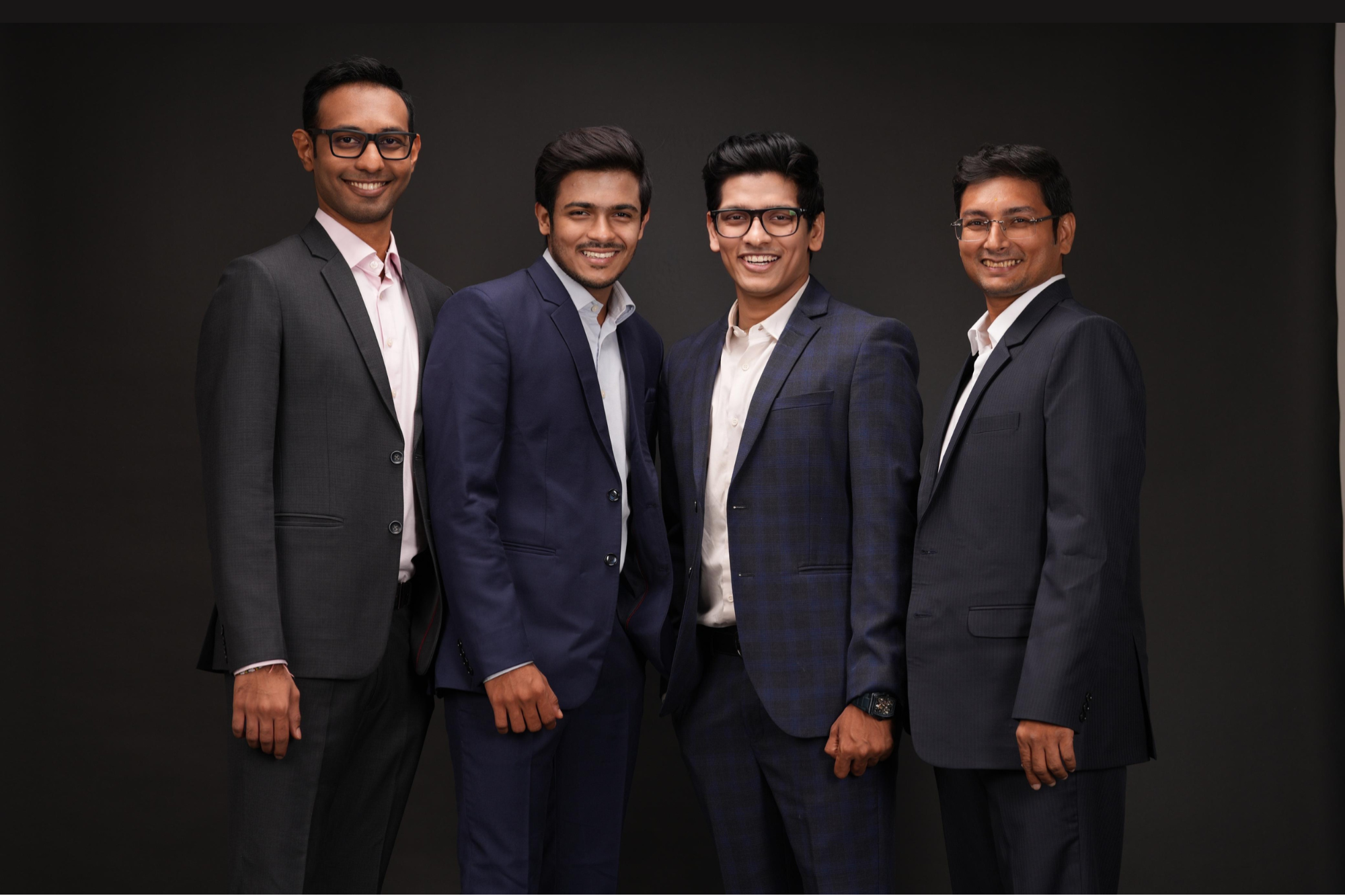AI-based Prognostic Tests In Breast Cancer: Why This is a Game Changer AI-based techniques have largely helped in automation of patient data organization, medical records, accuracy of disease diagnosis, treatment planning and optimization
Opinions expressed by Entrepreneur contributors are their own.
You're reading Entrepreneur India, an international franchise of Entrepreneur Media.

Like any recently married in her early thirties, Alpana (name changed) was looking to start a family. The world came crashing down on her and her family when she was diagnosed with hormone receptor sensitive early-stage breast cancer. Regular course of treatment would have taken one year of chemotherapy along with five years of hormonal therapy. During this period, Alpana would not have been able to conceive. The doctor explained to her the option of fertility preservation if chemotherapy and hormone therapy are to be given to her as part of regular treatment. However, that would mean that she would have to wait for another 5-6 years to conceive. Considering that she was already in her 30s, it was a difficult decision for Alpana. As a ray of hope, the doctor informed her that the tumour was small and informed about the availability of an artificial intelligence (AI)-based Indian prognostic test to understand if she needs chemotherapy to plan the next course of treatment.
Alpana agreed to go ahead with the AI-based prognostic test which was performed on Alpana's tumor sample and the tumor was classified as "low-risk' for cancer recurrence. What did this mean to Alpana? It meant that she could skip chemotherapy and take a year to conceive and deliver a baby, after which hormone therapy can be started for five years. Alpana did exactly that and delivered a healthy baby. It's been five years since diagnosis, she enjoys being a doting mother to her child. She is currently doing well on hormonal therapy.
AI technique has been used comprehensively in all walks of our lives, transforming the health care and diagnostics landscape. AI-based techniques have largely helped in automation of patient data organization, medical records, increased accuracy of disease diagnosis, treatment planning and optimization. In cancer, AI and machine learning approaches are widely adapted in the field of pathology and radiology to confirm malignancy and to understand individual tumors further to determine patient's response to different treatments (called as prognosis) like endocrine therapy, chemotherapy, immunotherapy, etc.
The incidence of breast cancer is on rise both in developed and developing countries. There were 2.3 million women diagnosed with breast cancer globally in 2020. As per the 2020 cancer statistics, breast is the leading site of cancer in India with almost 57 per cent diagnosed in advanced stages. In India, over the period of 2 decades, women diagnosed under 40 years have almost doubled and 30 per cent of breast cancer patients are aged under 50 years. Advanced stage diagnosis and young age diagnosis are the main culprits of increased mortality in breast cancer patients in the Indian scenario.
Just as how early detection of cancer is the key for better survival of patients, prior and in depth information of a patient's tumor via "prognostic tests' has tremendous impact in choosing optimum treatment plan which in turn improves "quality of life' along with reduction in costs. Prognostic tests have been developed for various cancers like breast, prostate and colon cancer. In patients with hormone receptor sensitive breast cancer prognostic tests help doctors make informed decisions on the usefulness of chemotherapy to each individual patient like Alpana.
Prognostic tests are typically developed based on huge patient data using complex mathematical equations or AI based approaches. The applicability of these tests largely depends on the mathematical approaches employed and patient data used. The US and Europe often use prognostic tests developed on their patient data coupled with logistic regression. The prognostic test used by Alpana is developed by a Bengaluru-based company and uses a support vector based approach of artificial intelligence. This test has been globally validated and benchmarked with the Western tests. It has been in use for the last five years with excellent early data in India, Sri Lanka, UAE, Turkey, etc. The edge that AI techniques such as Support Vector Machines (SVM) have over other statistical/mathematical methods like logistic regression is their ability to model a complex disease like cancer better, and hence extend diagnostic accuracy, thus yielding optimum treatment planning.
Additionally, "deep learning' based algorithms (another use of AI) are superior to any human based intervention as they identify complex patterns depicted on the stained tumor slide, unseen by a human eye. Deep learning based prognostic tests once ready will push the accuracy a notch higher. One caveat, AI/ML based methods are very dependent on the quality of data on which they are developed, hence care must be taken to use the best data.
Thus, the use of AI based prognostic tests with high accuracy are definitely game changers in breast cancer. They help customize treatment for each individual patient resulting in reduction in use of chemotherapy leading to improved quality of life for the patient, saving financial drain on the patient or payer.












